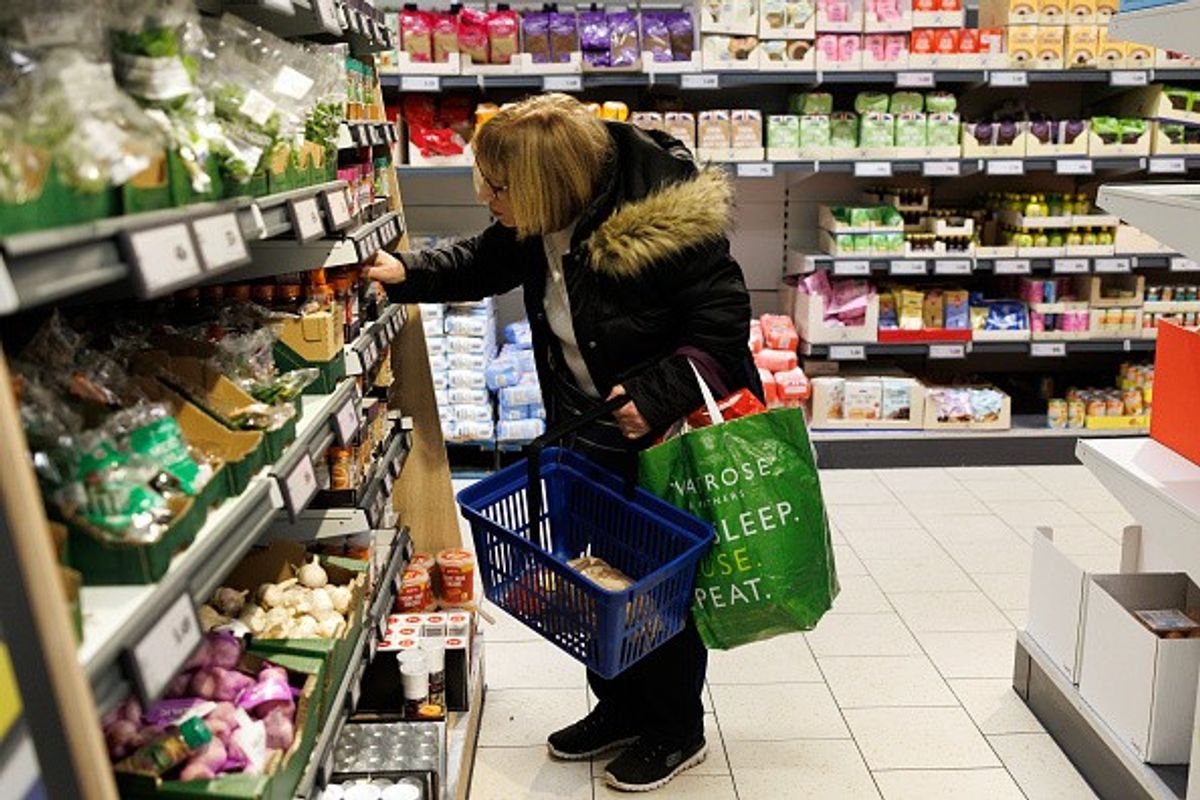Inflation in the UK accelerated more than expected last month due to higher food costs and transport costs as well as a jump in private school fees.
The latest data, released today (19) by the Office for National Statistics, shows that the consumer prices index (CPI) measure of inflation rose to 3 per cent in the 12 months to January, up from 2.5 per cent in December. Economists had expected inflation to climb to 2.8 per cent in January.
On a monthly basis, CPI fell by 0.1 per cent in January, compared with a 0.6 per cent fall in January 2024.
Food prices rose by 3.3 per cent in January, up from 2 per cent in December.
Meat, bread and cereals, fish, milk, cheese and eggs, chocolate, coffee and tea and juice all became pricier.
Transport costs rose at the fastest annual rate since February 2023 because of air fares and fuel prices, which both fell by less than last year, partially offset by a downward effect from secondhand cars.
Private school fees were another factor, where prices rose by 12.7 per cent on the month but did not change a year ago, after the government decided to impose VAT of 20 per cent on private school fees.
Chancellor, Rachel Reeves, said, "Getting more money in people’s pockets is my number one mission.
"Since the election we’ve seen year on year wages after inflation growing at their fastest rate – worth an extra £1,000 a year on average – but I know that millions of families are still struggling to make ends meet.
"That’s why we’re going further and faster to deliver economic growth. By taking on the blockers to get Britain building again, investing to rebuild our roads, rail and energy infrastructure and ripping up unnecessary regulation, we will kickstart growth, secure well paid jobs and get more pounds in pockets."
The core rate of inflation, which strips out volatile food and energy costs, climbed to 3.7 per cent from 3.2 per cent.


